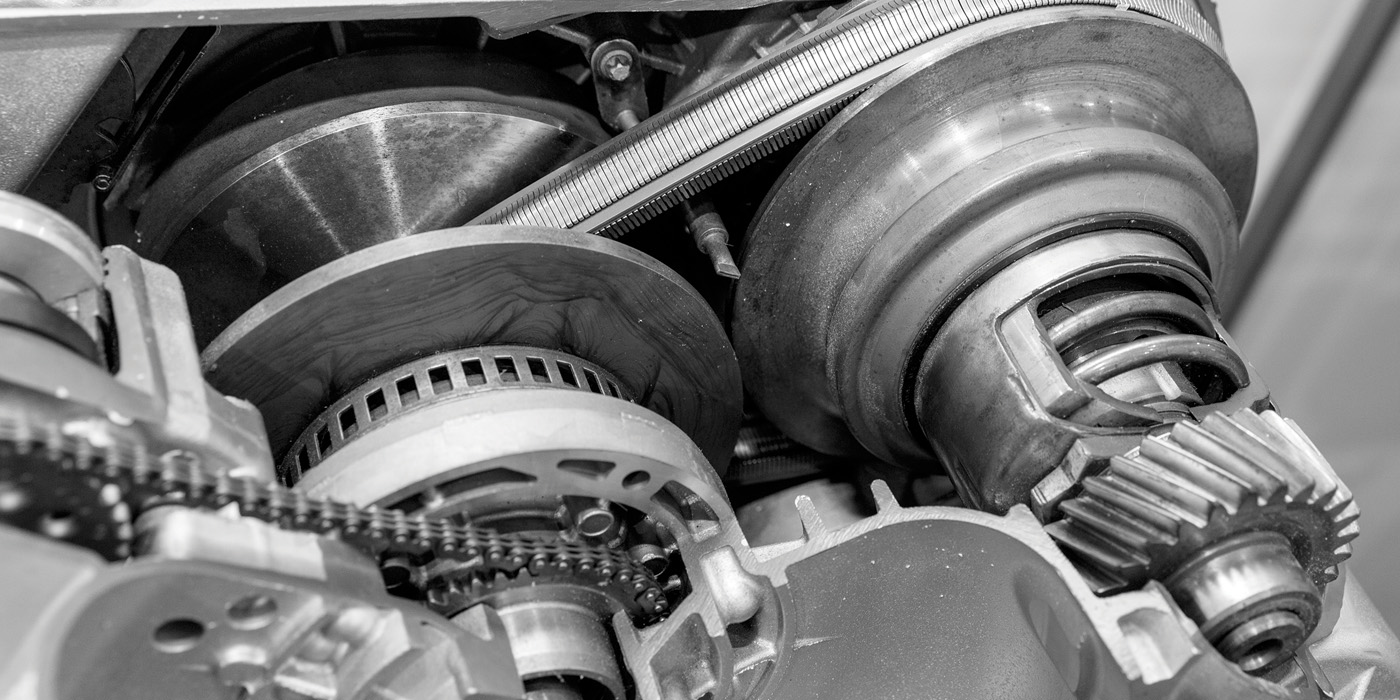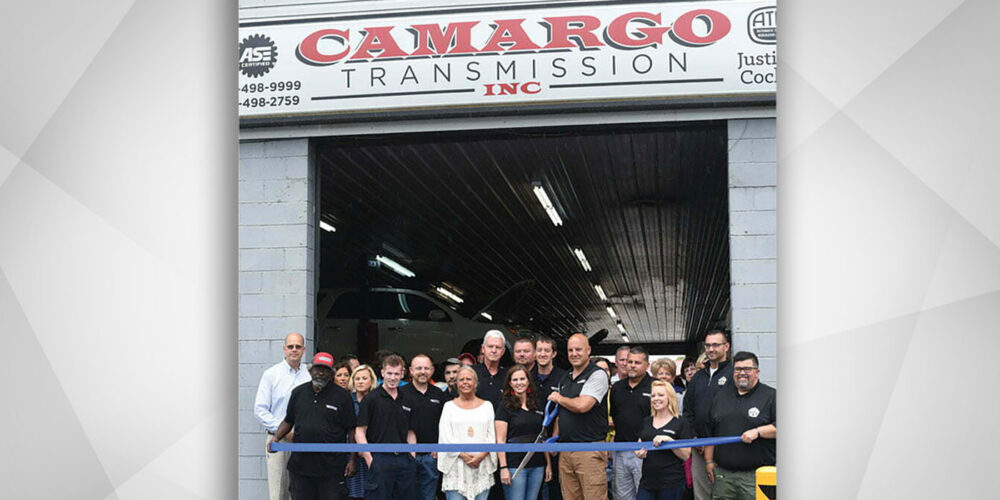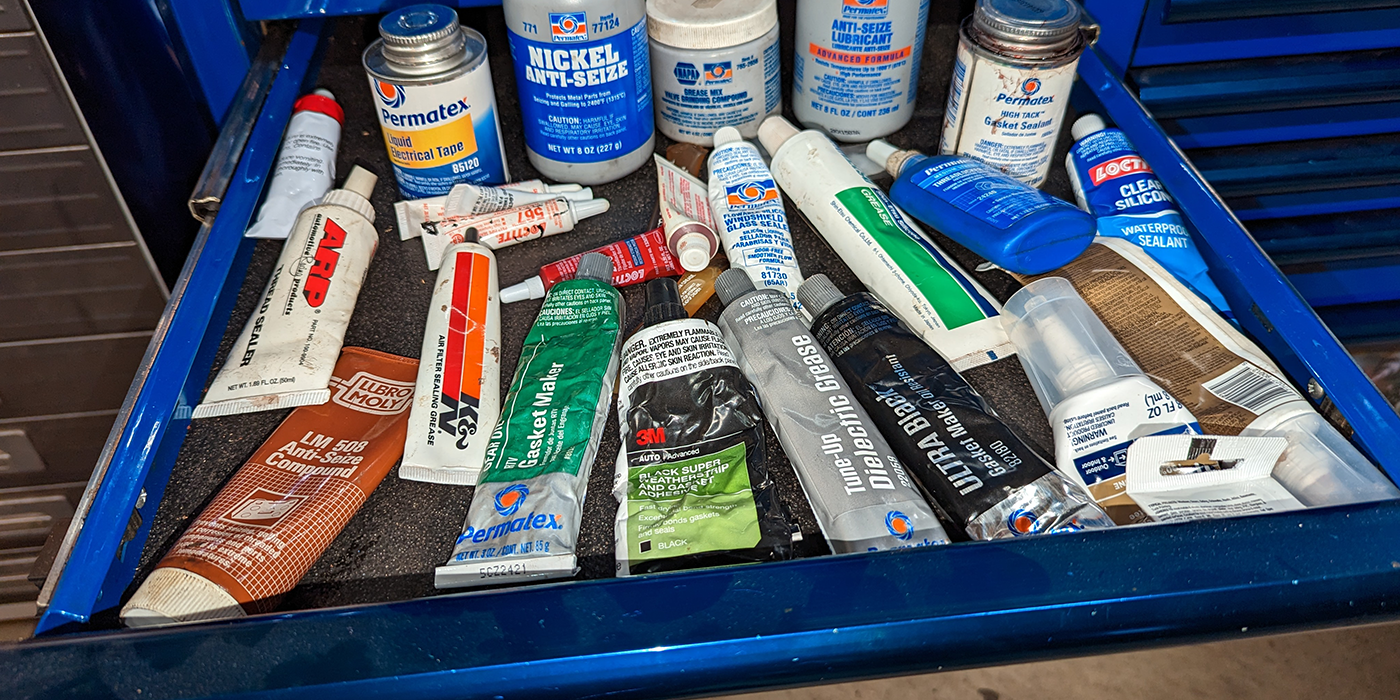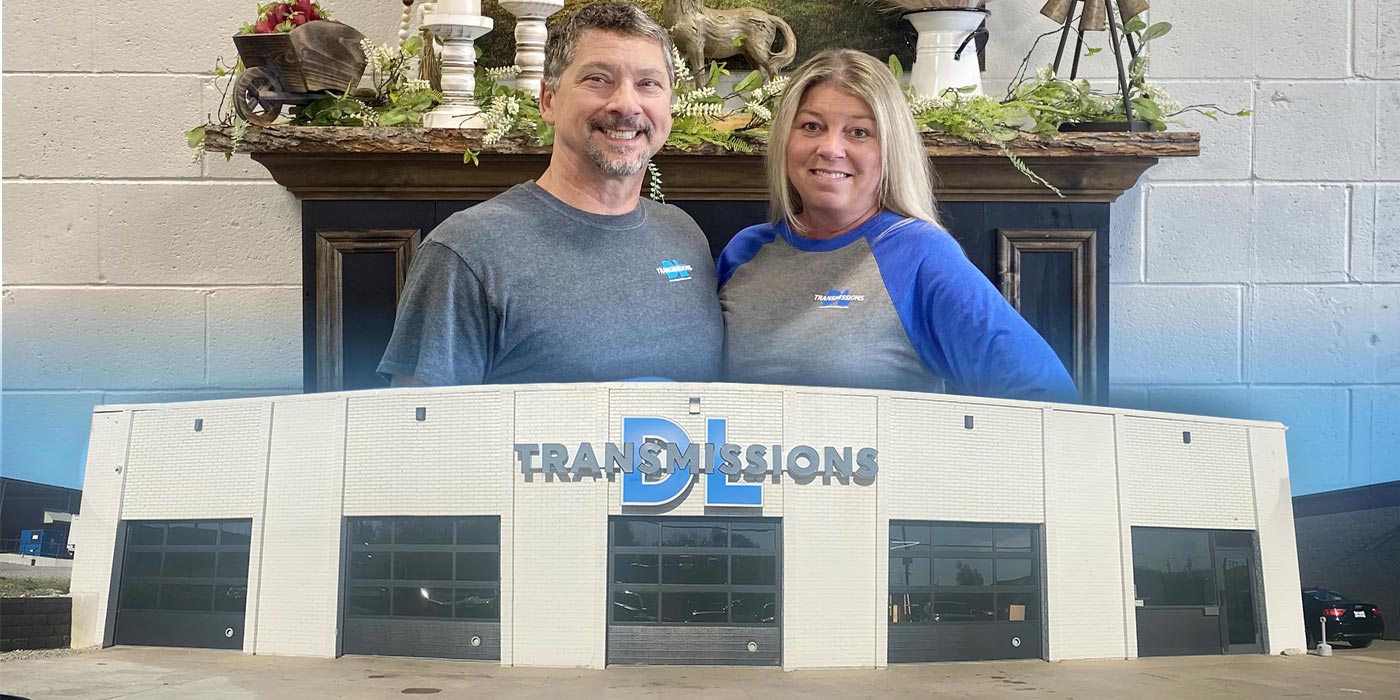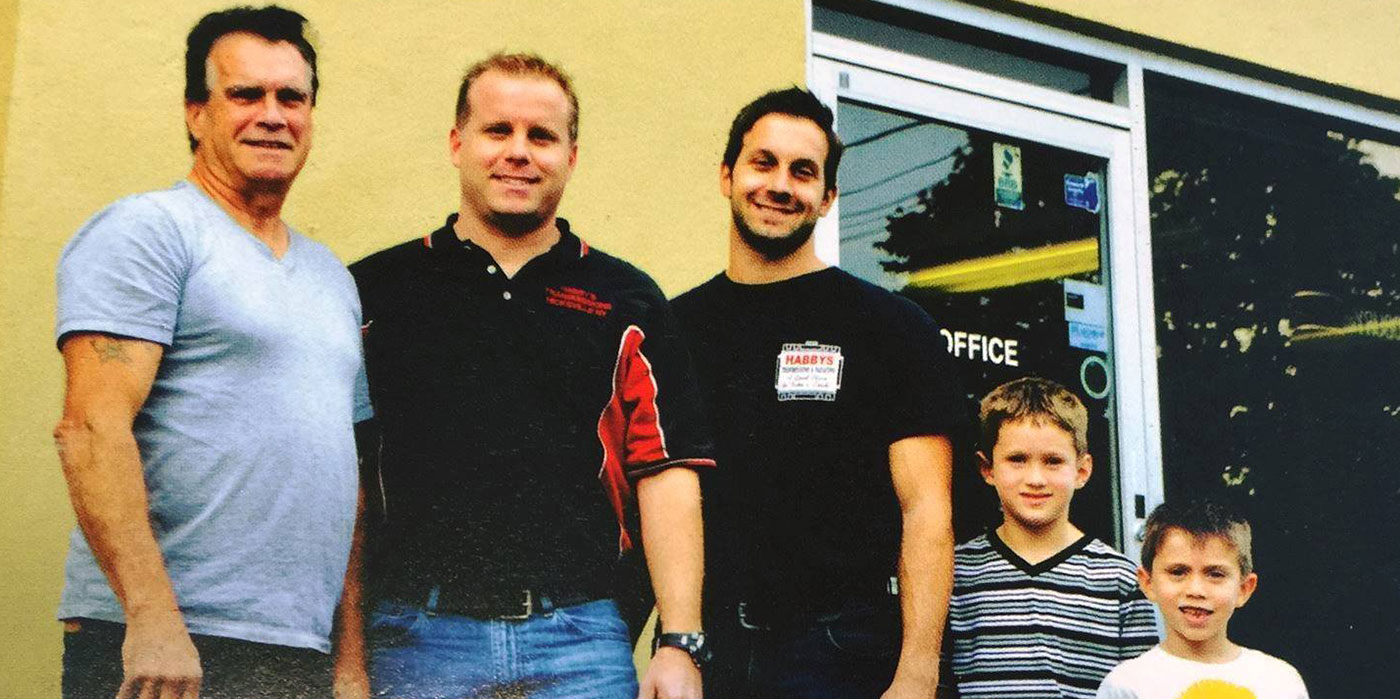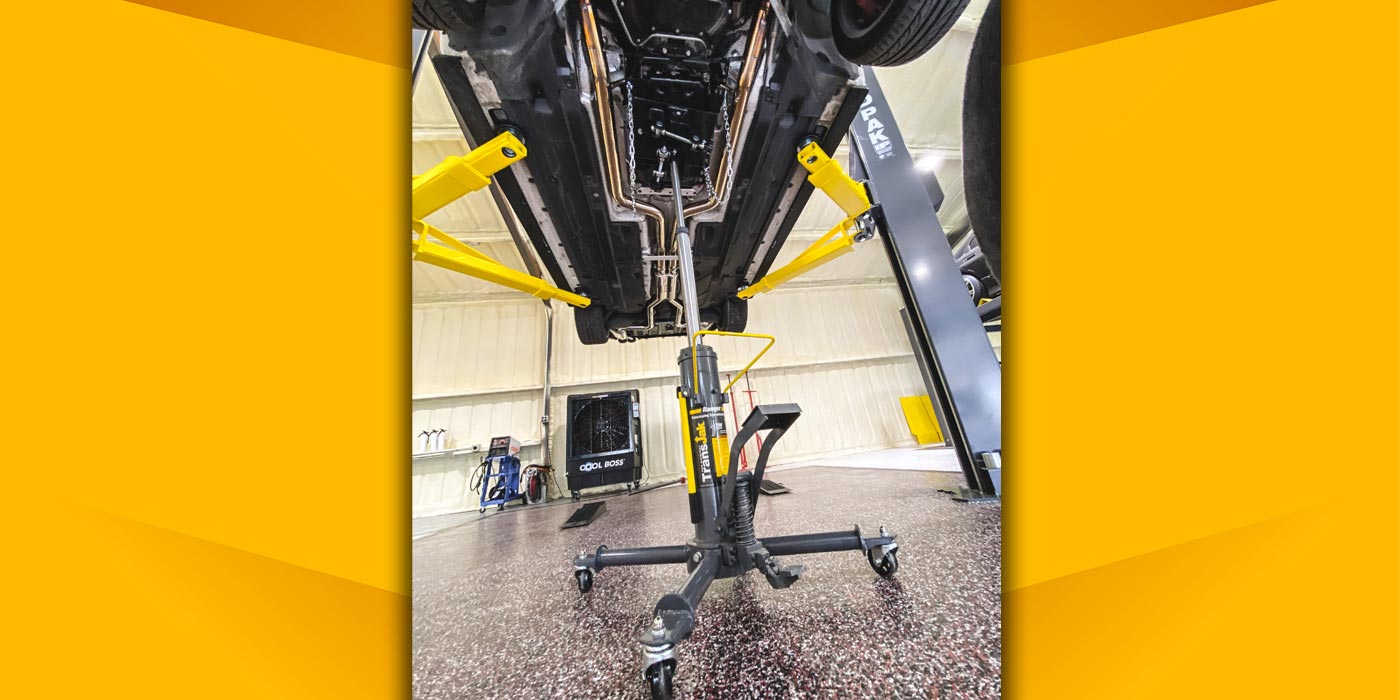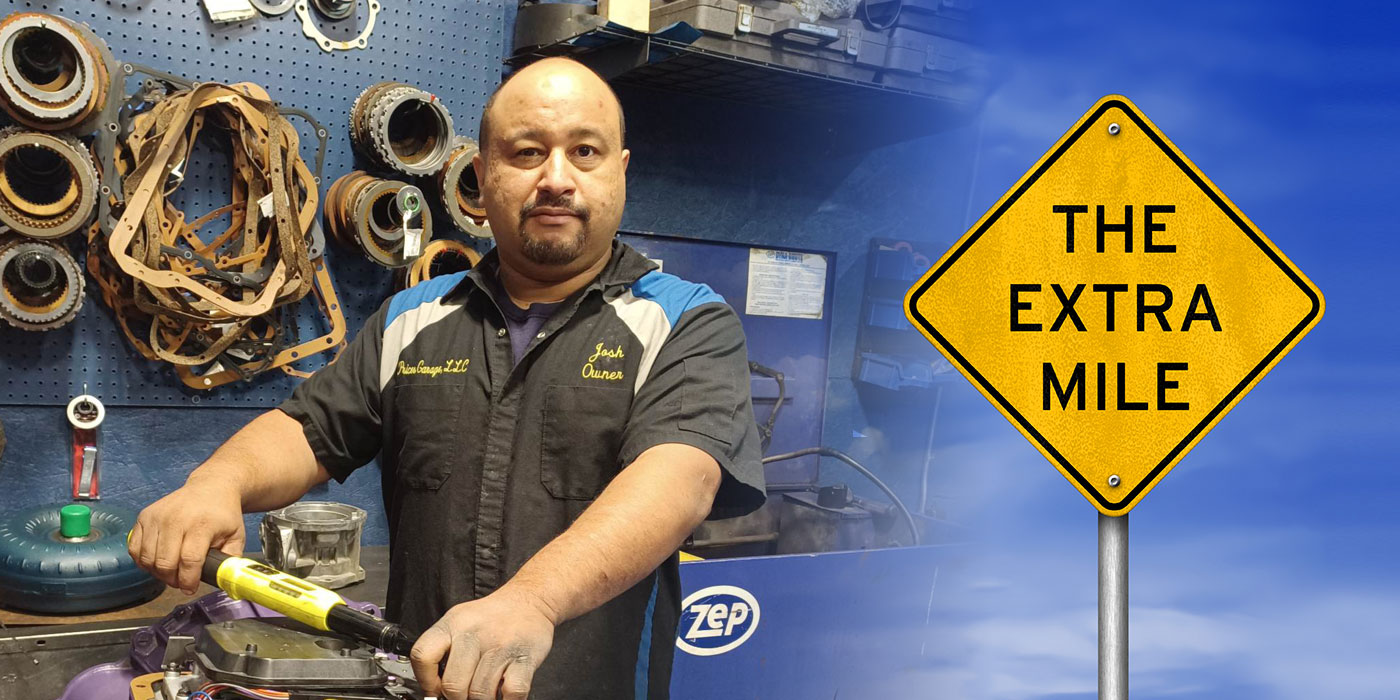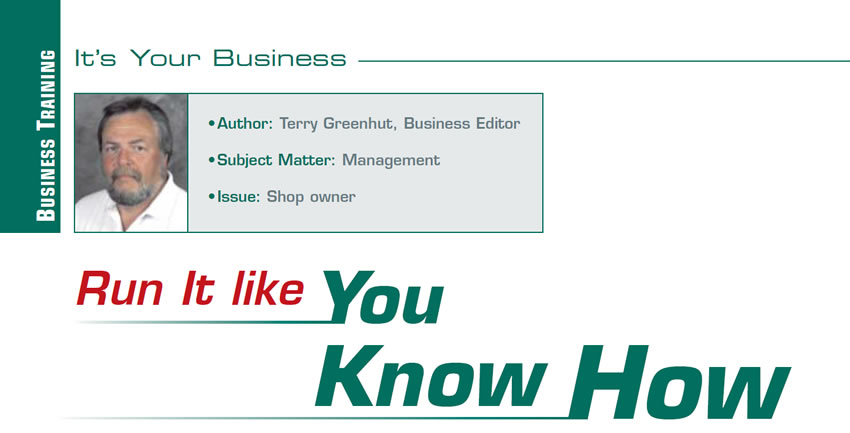
It’s Your Business
- Author: Terry Greenhut, Business Editor
- Subject Matter: Management
- Issue: Starting a business
It’s a common occurrence in our trade that the most-talented and highly skilled technicians at some point believe they can take on the monumental task of owning and operating their own automotive- or transmission-repair business. It’s a noble goal and often is attained by those who have enough drive and the ability to secure the necessary funding to get started. These men and women take a huge leap from being a highly skilled and qualified employee to an uncertain business owner.

The leap is huge because a great technician took years of training and practice to reach the “expert” level in the trade but now has decided to take on a whole new occupation for which he or she has had hardly any training or practice to handle. Unfortunately, rather than becoming a master of their own business, many of these entrepreneurs work twice as much as they did in their employee roles and have unwittingly committed themselves to becoming the lowest rung on the ladder instead of the highest, taking on all the jobs that they either can’t get their employees to do or that they can’t afford to pay anyone else to do.
So in addition to still performing as expert technicians, which used to be a full-time job for them in itself, they now have to work on leadership, advertising, marketing, accounting and selling, among other duties, to try to make the business a success. Most find that between the extra hours and the stress of having to learn all those jobs while all the time worrying about where the money is going to come from to pay the bills, the business not only saps all their energy but also can, at the same time, weaken their technical skills, resulting in the production of an inferior product, and causing problems on the home front as well.
One of the first things an aspiring entrepreneur has to realize is that the person they are presently working for spent years learning the trade of being a small-business owner and paid a lot in time, aggravation and money to do it. So although it may look as if he or she is just coasting along having a good time, if they are it was earned, usually the hard way. Most didn’t start out with a full crew of highly trained personnel; they had to create them, which entailed lots of training and putting up with costly mistakes along the way.
Most small businesses fail. They do so because the owner is an expert in the product or service they sell but never gets to even the mediocre level at all the other skill sets necessary to be successful. Why? Because it’s not where their interest lies. They got this far only because they could produce an excellent product, but that was all they needed to know. They didn’t need to know how to make it cost effective or how to sell it at a profit. They didn’t need to know how to attract and keep new customers or how to deal with all the problems that come with hiring and maintaining employees. They didn’t need to know about filing forms with the state, local and federal governments and about paying bills and taxes on time.
It doesn’t take long for a new business owner to become overwhelmed, and when that happens the spiral effect can rapidly deteriorate the business. The savvy new business owner realizes that if he or she wants to continue being the expert technician they have to hire people to take care of most, if not all, of the other tasks. That means taking the time and having the patience to do a lot of screening and training along with hiring and a considerable firing until a good, workable crew emerges.

One of the first positions the new owner usually wants to fill is that of a bookkeeper/telephone answerer because paying bills, doing paperwork and having to continually answer the phone takes too much time and focus away from producing the product. All that makes good sense but only if this person is properly trained to answer calls correctly and is totally honest. More new business owners have been ripped off by bookkeepers than by anyone else with whom they have to deal. Most of that happens because they simply are not watching. They put their trust in a total stranger and don’t establish any type of checks and balances to make certain that incoming money goes where it’s supposed to and that outgoing money is fully accounted for.
It used to be difficult and costly to do background checks on prospective employees. It isn’t anymore. You can do it right online. Before hiring anyone, especially someone who will have access to the company’s money, you should perform a complete background check. Anyone who is not bondable should never be hired. Even when the new business owner hires someone with a previously good reputation, he or she should never give full access to the company checkbook. Continually checking on employees and letting them know they are being checked on is still the best deterrent to money and product walking out the door.
- Business owners need distance for perspective.
Great technicians are experts at problem solving. They can look at an automotive problem and instinctively know what steps to take to solve it. They may need to consult some information resources from time to time but it doesn’t bother them to do that. They know it’s all part of the job. So why don’t most of them take the same approach toward running their business? ’Cause they don’t want to! Even though they now own the business they don’t really see themselves in that role. They still look in the mirror and see a great technician but little else.
Starting a new business, especially for someone who has never done it, is really difficult. To add to the stress of making it successful, these would-be entrepreneurs often are doing it because they’ve lost or are about to lose their jobs owing to economic conditions in their industry or in general, meaning that business is not very good at that moment. So now they are going to start a business at a time when not a whole lot of people are buying what they have to sell, making the startup even more difficult. That being the case the new entrepreneur would need to have enough money to sustain the business for an extended period until its own cash flow could be established, and someone who just lost or is about to lose a job probably wouldn’t, which is another major cause of failure. It takes money, talent, experience, persistence and a little bit of luck to get a new business off the ground. If any one of those is missing it’s not likely to work.
An interesting case study is that of franchisees who buy a license to open a business but either lie about the amount of money they can invest or at some point become overwhelmed and stop short of putting in enough to actually make the business a success. They usually get the shop built and outfitted but won’t spend what they need to on promotion and advertising to get themselves known in the community. Then they wonder why the phone doesn’t ring. When somebody with experience in opening shops tells them how much money they need to invest to make it a success they need to listen, or else why buy into a system such as a franchise in the first place?
Burnout is another cause of early failure. The employee puts in a normal workday of eight or nine hours five or six days a week and goes home to relax. An owner either works or thinks and worries about it seven days a week, 24 hours a day. It takes really hardy and special people to make it under that much stress. Before you take on the task of owning a business, plug yourself honestly into that role and ask the questions, “Is that what I want and can I take it without crumbling?” Then ask, “Will my family put up with me and the hours I’ll have to work to make it a success?”

Business owners need distance for perspective. It’s the old “You can’t see the forest for the trees” problem. When you’re in the middle of the physical work all you can see is getting the job done so you can get on to the next one. You can’t always see the costs or profit involved unless you can step back and analyze the job from every angle. More businesses have failed because of not knowing their costs and therefore not charging enough to make a profit than for any other reason.
The ability to hire, train and develop the best talent is a must. Owners need to be the strategic visionaries who then delegate work so they can get on with their real purpose, which is growing the business by finding new customers and keeping the old ones happy. That in itself is almost a full-time job. To do a good job of delegating there are a few things you need to know.
- More new business owners have been ripped off by bookkeepers than by anyone else with whom they have to deal.
Your team is made up of human beings. No one can work nonstop, so get your timing right. Know what each employee can handle, and never overwork them. Most people perform at their best when they are consistently busy but not rushed or pressured.
Focus on the strengths of your team. Delegation is not a dump-and-run tactic. Know your employees and how they fit into your business puzzle. Allow them to do what they do well, and give them responsibilities and authority. They’ll be happier and so will you.
Focus on your own strengths, then plug the holes. Few of us are great at everything! For example, if you don’t have marketing experience, find someone with proven skills. Trying to perform jobs that you don’t do well will require twice as much effort with less-than-satisfactory results.
Be the resource king or queen. Your employees are only as good as the resources they have. Make sure that they are equipped to always do the best work for you daily. Running out of stock, not having new software for diagnostic equipment and not shelling out for tools the shop should provide is NOT good delegation.
Become the fire, ice and motivation behind your team. When they need guidance, give it to them; when they need appreciation, offer it to them. Inspire, motivate and lead by supporting your delegated decisions and following up on them often.
Business owners need to be the big thinkers: to identify patterns both good and bad, to become an idea machine and testing fanatic, to fill out details from outlined strategy, to be aware of market trends, to always have one eye on the competition, and to develop an instinct for surrounding themselves with the people who can help them become successful and maintain their success.

Terry Greenhut, Business Editor – visit www.TerryGreenhut.com


